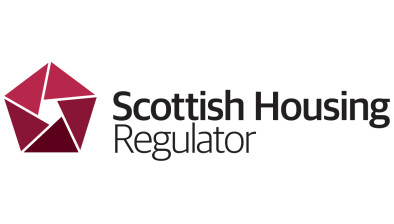Regulator updates Annual Assurance Statement FAQs

The Scottish Housing Regulator (SHR) has updated its Annual Assurance Statement frequently asked questions (FAQs) to advise landlords on how it will assess compliance with the regulatory requirement on equalities and human rights.
The first of two questions in the document asks the Regulator when it will start fully assessing compliance with the regulatory requirement on equalities and human rights, and whether landlords should wait to assess their compliance with the requirement on equalities and human rights.
SHR states: “No, your AAS should confirm your level of compliance with all of the regulatory requirements and standards, including the requirement on equalities and human rights. The requirements for equalities and human rights include statutory duties for landlords and it is important that you consider the level of assurance you already have around them and that you are taking appropriate action to manage risks.
“Although we aren’t yet actively assessing full compliance with this requirement to allow time for the development of a briefing note with the Scottish Human Rights Commission on the right to housing, you should still consider whether you comply with the requirement, not least to help prepare for the future.”
Question two focuses on whether SHR requires landlords to have a fully worked out plan for implementing guidance on equalities and human rights.
The Regulator adds: “We worked with the SFHA, GWSF and ALACHO to produce guidance on equalities data collection, and we are working with the Scottish Human Rights Commission to develop a briefing on the right to housing. Landlords should provide us with assurance in their AAS that they are taking their data collection plans forward. We ask landlords to provide us with assurance that they have started to consider how they can adopt a human rights approach in their work.
“We recognise that human rights in housing is an area in development. So when landlords submit their AAS we anticipate that some may report that they are in the very early stages of considering how they can adopt a human rights approach.”







